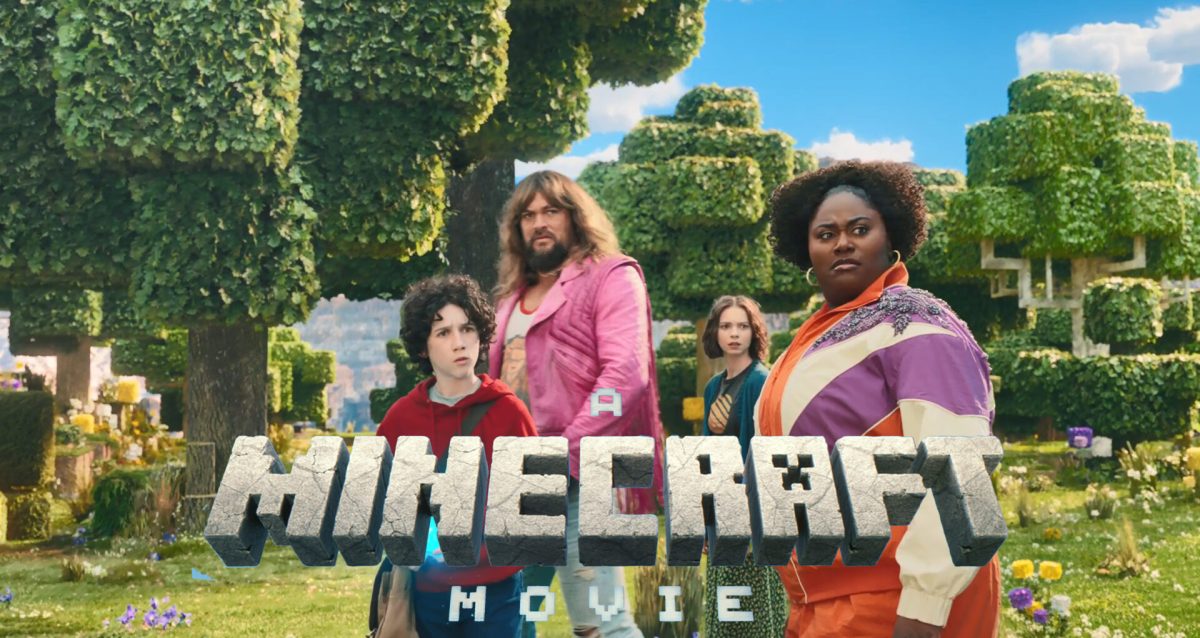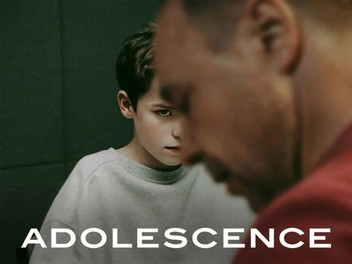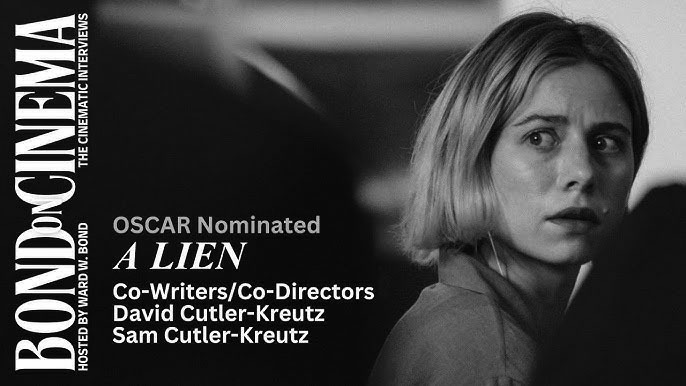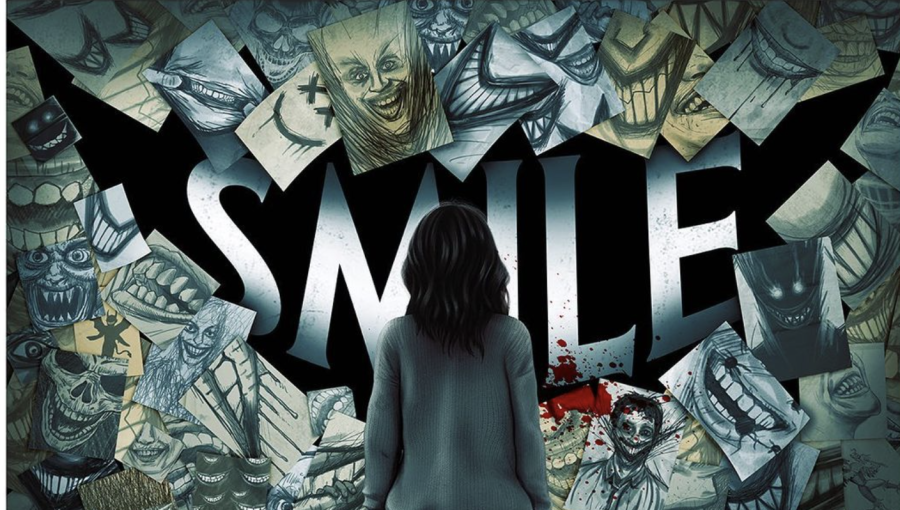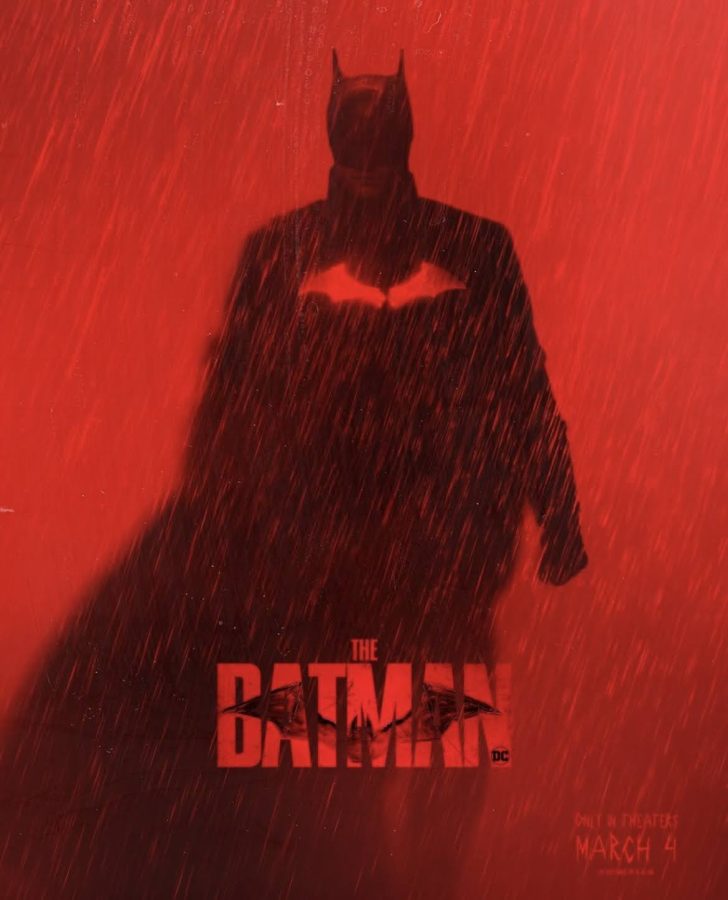For the past year or so, one of the most talked about films in the industry was the cinematic rendering of Batman v. Superman. Arguably the two most well-known superheroes of all time, Batman rose to popular culture fame with the 1960s television series of the same name, starring Adam West, which sparked several live-action and animated adaptations over the years, the most recent being Christopher Nolan’s Dark Knight trilogy. Nolan’s dark take and grounded situations introduced audiences to a whole new type of superhero film that was not comical or fantastical at all, and rather dark and brooding. Yet this hyper realistic tone did not exactly lend way to a gravity defying immortal. With the conclusion of Nolan’s trilogy, Warner Brothers announced Man of Steel, a reboot of Superman.
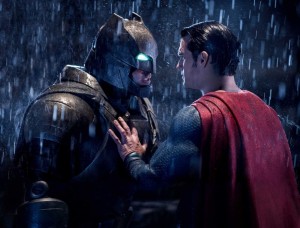
(AP photo)
Last seen cinematically with the 2006 film Superman Returns, Man of Steel reversed the tone of the campy Christopher Reeves films and approached the story as an intergalactic sci-fi epic that focused on the emotional journey on Kal-El’s struggle for identity within the framework of an alien invasion that only he could stop due to his Kryptonian background. With an engaging story, incredible visual effects, and a haunting score, Man of Steel was one of those films that surprised and far surpassed expectations.
When the follow up Batman v. Superman was announced, I, along with the rest of the world, got geared up for an action- packed story with potential levity that would further the characters of Kal-El and Lois Lane while introducing what looked like would be a Batman to rival Christian Bale’s. Oh, how we were wrong.
First of all, in order to understand plot elements of Batman v. Superman, one must see Man of Steel. To briefly sum up Man of Steel, the film shows the destruction of the planet Krypton, where a couple launches their child Kal-El into space where he lands on Earth. Raised as a human, Kal-El, or Clark Kent, as he goes by on Earth, possesses super strength due to the gravitational differences of Earth from Krypton. As he learns about his alien background later in life, another survivor of Krypton, General Zod, also comes to Earth in hopes of creating a new Krypton by destroying Earth. Kal-El does not agree, and the two duke it out with their abilities of flight and super strength, in the process bringing catastrophic levels of destruction to Metropolis, the city in which their battle rages. Kal-El does defeat Zod, yet the world has seen what the strength of Kryptonians can do, which sparks citizens fear of Kal-El, or Superman as he comes to be called.
Batman v. Superman starts with the same fight between Kal-El and Zod, but from a civilian’s perspective. Giving it the civilian perspective puts into reality how much damage was caused, as buildings full of people are collapsing all around. It also introduces Bruce Wayne, who tries to save his workers. For anyone living under a rock, Bruce Wayne is a wealthy businessman by day, and crime fighting vigilante Batman by night. Bruce is scarred by this damage and vows to avenge the lives lost by killing Superman.
Just as Bruce Wayne feels Superman as a threat, the rest of the world starts to question whether Superman should be heralded as a hero for saving the city by defeating Zod or treated as a threat, as the world starts to become afraid of his powers. Furthermore, classic Superman villain Lex Luthor is plotting in the meantime to kill Superman, and starts to take measures to instill that public fear of Kal-El.
To talk much more about the plot would get into spoiler territory, even though the second trailer already did that for the film.
Batman v. Superman is not the worst film I have ever seen. Yet this is perhaps one of the most disappointing ones due to the hype built up. The first act followed up successfully on Man of Steel and showed the government response to Superman in a realistic way, with hearings and committees. Clark and Lois’ relationship is further developed in a likable and believable way. Yet once Jesse Eisenberg’s Lex Luthor comes into the picture with plots and plans that do not make a whole lot of sense, the film starts to fall apart. Without discussing Luthor’s plans, they feel written in to advance the story without really giving any motivation behind them and making Luthor very uninteresting, compared to the stellar performances given by both Gene Hackman and Kevin Spacey in previous Superman films. Eisenberg does a good job with what he is given, yet the screenplay does not make any real sense and just gives Luthor things to do rather than make him a fleshed out character. The same could be said about Batman. Quite frankly, Ben Affleck is the best combination of suaveness and brutality to deliver what might be the best screen Batman yet. This is an Academy level director and actor here after all. Yet the way the character is fleshed out makes Batman into a dumb moron who can’t see past the obvious and gets into situations that he cannot control.
When actress Gal Gadot was announced as Wonder Woman, there was backlash as she has not really established herself in any other works yet asides from runways. Yet Gadot holds her own as Diana Prince. This is representative of the problem with the film overall; rather than making a fulfilling and interesting story in one film, as Man of Steel did, Batman v. Superman spends far too much time setting up the roots for this newly launched DC Extended Universe, which leaves the plot of this film feeling like the hollow shell of a movie rather than a fully fleshed out narrative. Looking online, this film cost a whopping $250 million dollars to produce, which is shocking as none of it is seen. I recall three action sequences, none of which advanced plot or had anything special on a technical level. Rather, obvious CGI backdrops were overused, and unimpressive CGI rendered the rubble and flying scenes. The score, which was such a highlight of Man of Steel, was very unmemorable. And most importantly, the film just is not very engaging as the story does not feel real nor is it nearly as interesting as a film featuring these two giants should be. What seems to be apparent here is Zack Snyder wanted to make a poignant follow up to Man of Steel, yet in an attempt to copy the profit turning Marvel formula, has succumbed to studio desires to put as many set ups for future DCEU installments in at the sacrifice of story. Marvel, while it is starting to get repetitive, has always kept a balance of universe building and story solidarity due to the right handling of talent. It is clear that that has not worked in Batman v. Superman. This film made me appreciate the Christopher Nolan trilogy even more, as it handles Batman leagues better than Snyder does. This is very similar to the mess that was The Amazing Spiderman 2, which I have gone on record as saying is one of the worst films I have ever seen in theaters. That mess being an unbalanced story as a result of setting up for future installments, this is a problem faced by many comic books films, and one that Batman v. Superman did not particularly succeed with. That being said, this is no Amazing Spiderman 2. While not done nearly as well as it could have been, seeing the dynamic trio of Wonder Woman, Batman, and Superman on the big screen together after 70 years is enough of a phenomena and spectacle to merit seeing while it is culturally relevant. Hopefully, the more tangential installments like the upcoming Suicide Squad will have enough separation and heart to transcend the low expectations set by Batman v. Superman.





